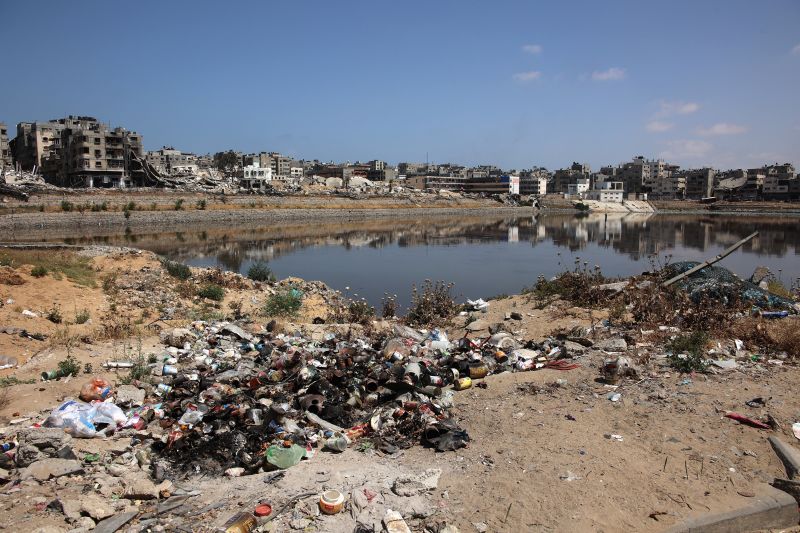US House Speaker says disruption of Netanyahu speech could lead to arrest
US House Speaker Mike Johnson has said that anyone who attempts to disrupt a speech set to be given by Israeli Prime Minister Benjamin Netanyahu to a joint session of Congress on July 24 could be arrested.
“There are a number of Democrats in the House who have said they’re going to boycott that event. Some others may protest,” Johnson said at a Republican Jewish Coalition event on the sidelines of the Republican National Convention being held in Wisconsin this week.
“We’re going to have extra sergeants at arms on the floor. If anybody gets out of hand… We’re going to arrest people if we have to do it,” he said.
High-profile Democratic lawmakers, including Elizabeth Warren and Bernie Sanders, have signalled their intention to boycott Netanyahu’s controversial address over Israel’s war on Gaza.
Israeli captive families call for deal before Netanyahu’s speech in US
The Hostages and Missing Families Forum in Israel is organising more large-scale protests in Tel Aviv tomorrow with a focus on emphasising a Gaza ceasefire agreement in the coming days.
The members of the forum, who include families of captives held in Gaza and a number of those released from the besieged enclave in a previous exchange deal, “urge the prime minister to approve the hostage deal before his address to Congress in Washington”.
Prime Minister Benjamin Netanyahu is expected to meet with US President Joe Biden next week as he prepares for a July 24 address to a joint session of the Congress.
Join us this Saturday, in a call to PM Netanyahu:
'First Seal the Deal, Then Give Your Speech!'
This coming Saturday, July 20, with the deal to bring all hostages home on the table, the Hostages Families Forum will hold a rally supporting the families. They urge the Prime… pic.twitter.com/cJA0ikKGnz
— Bring Them Home Now (@bringhomenow) July 19, 2024





















































